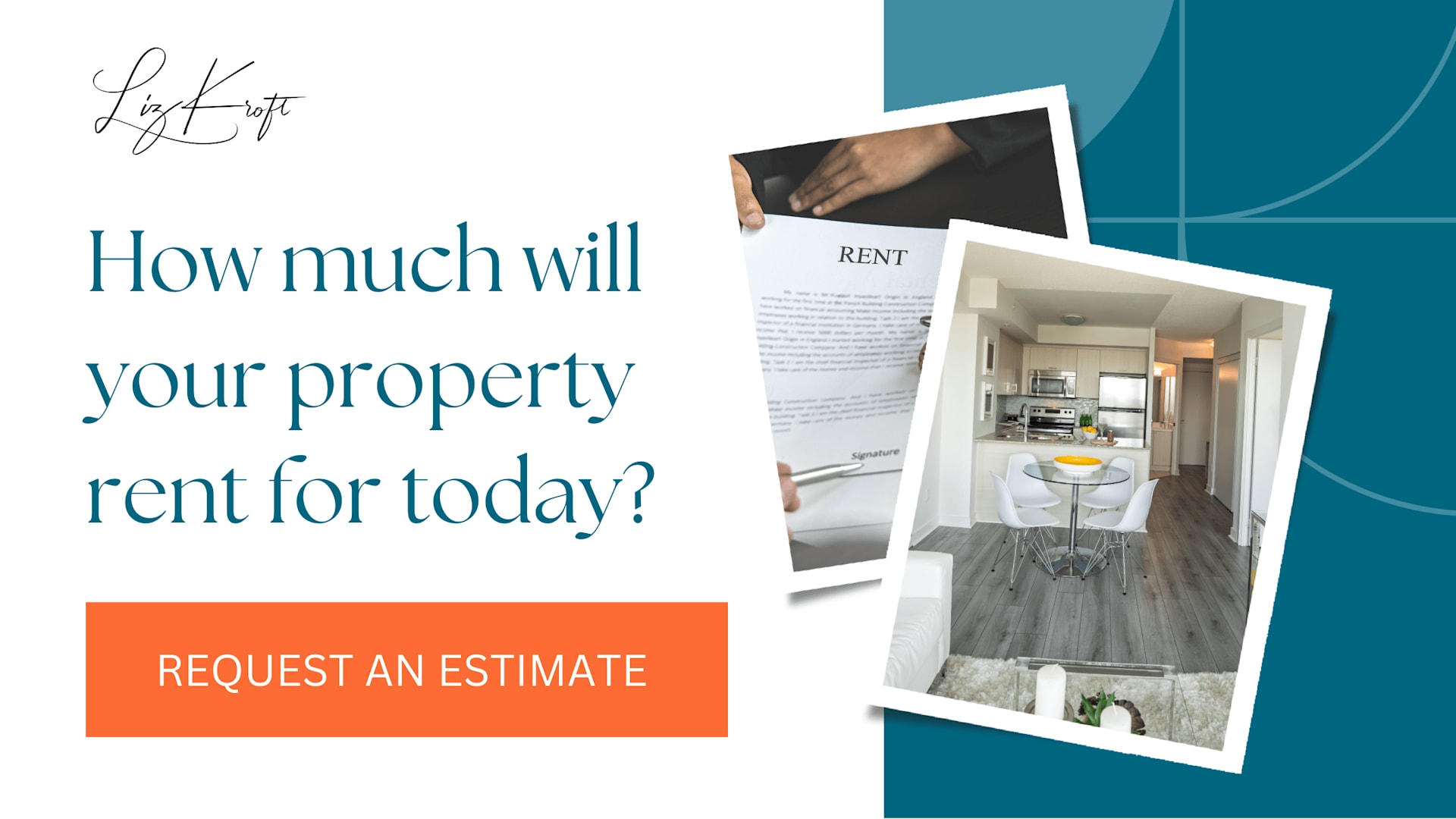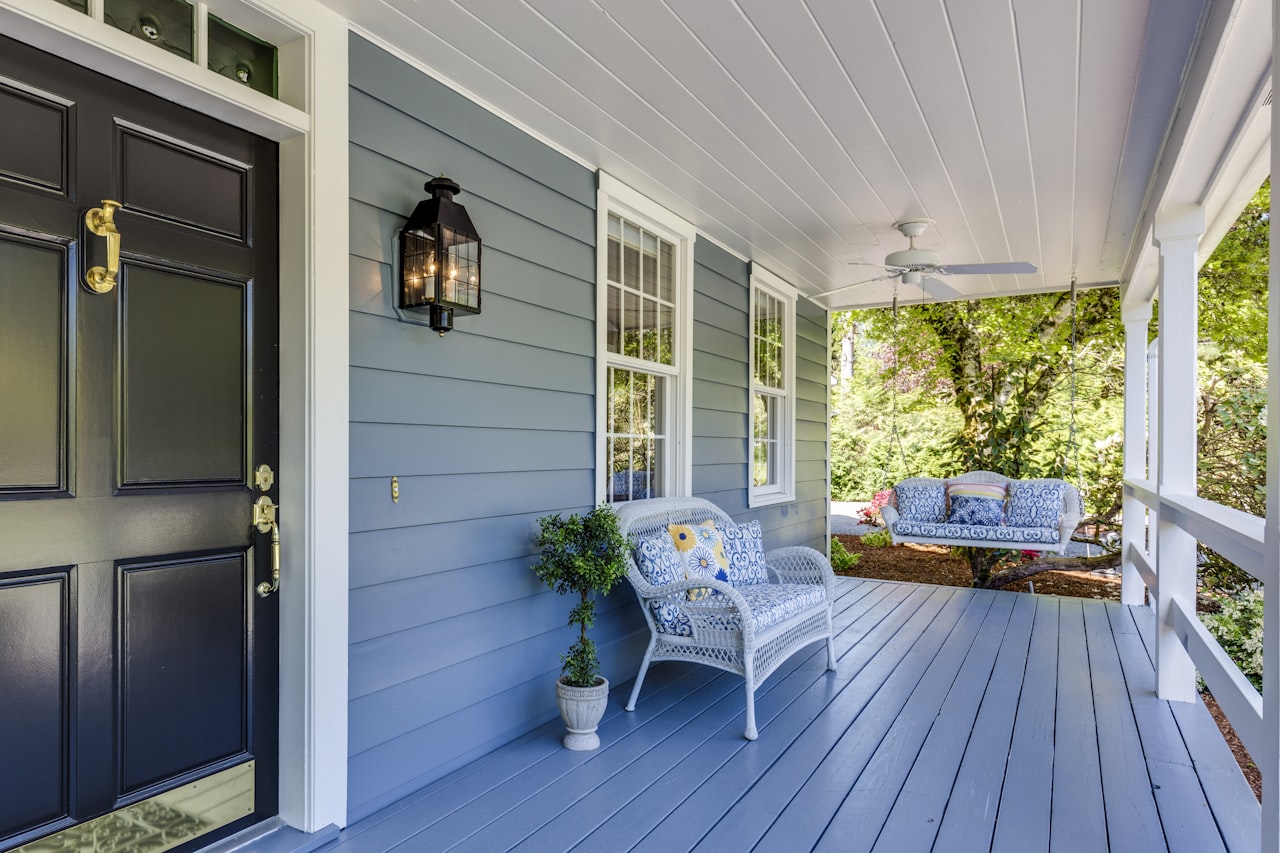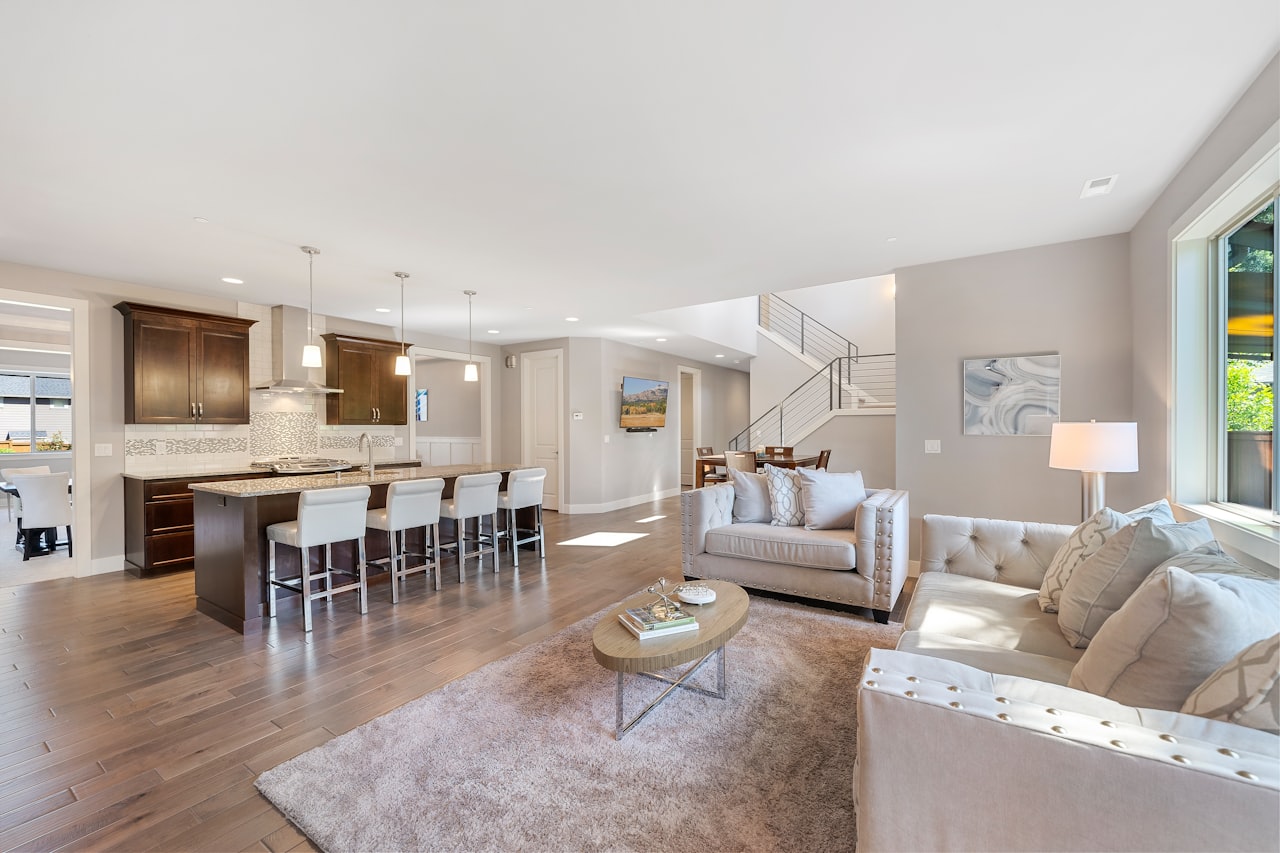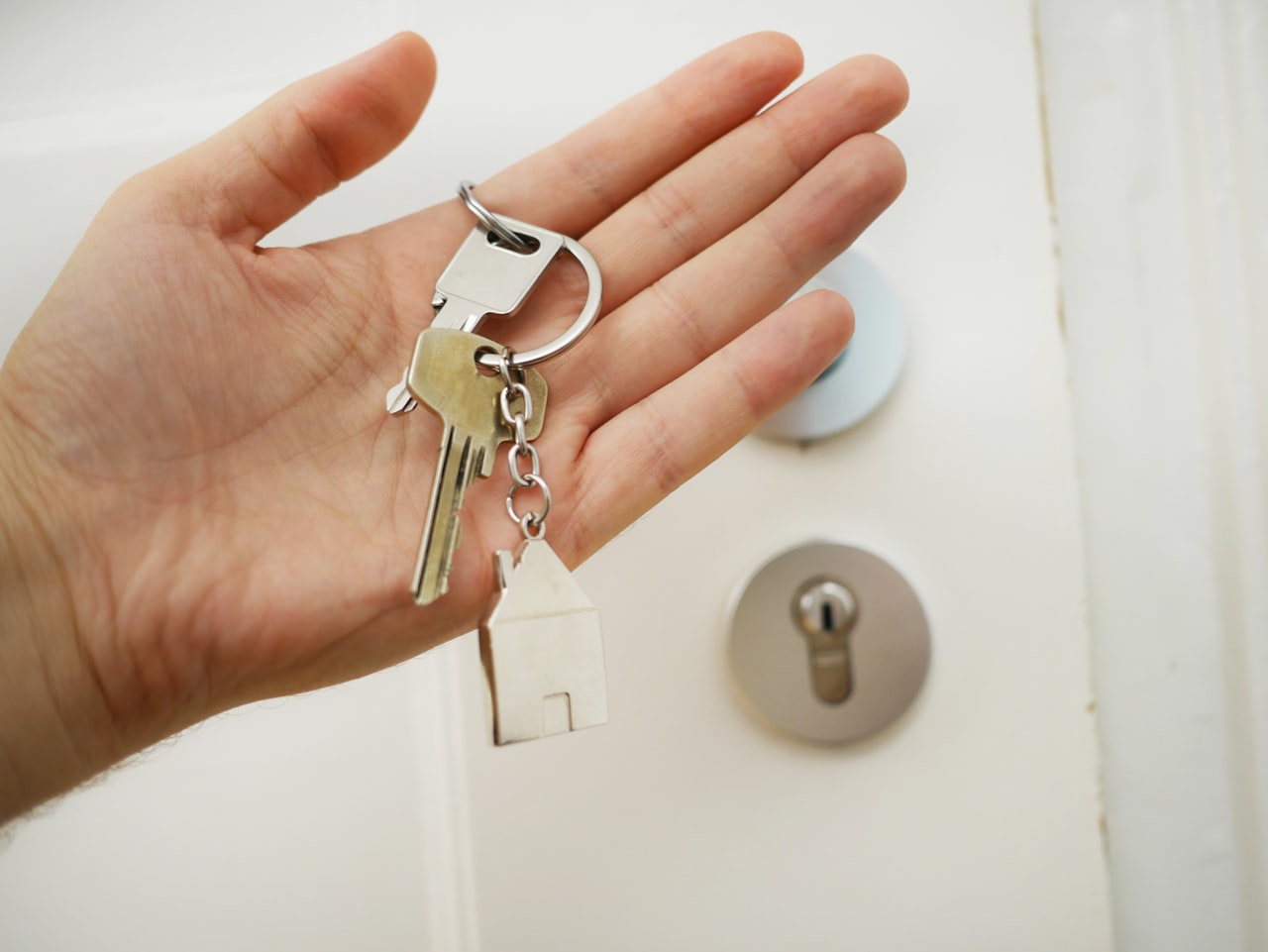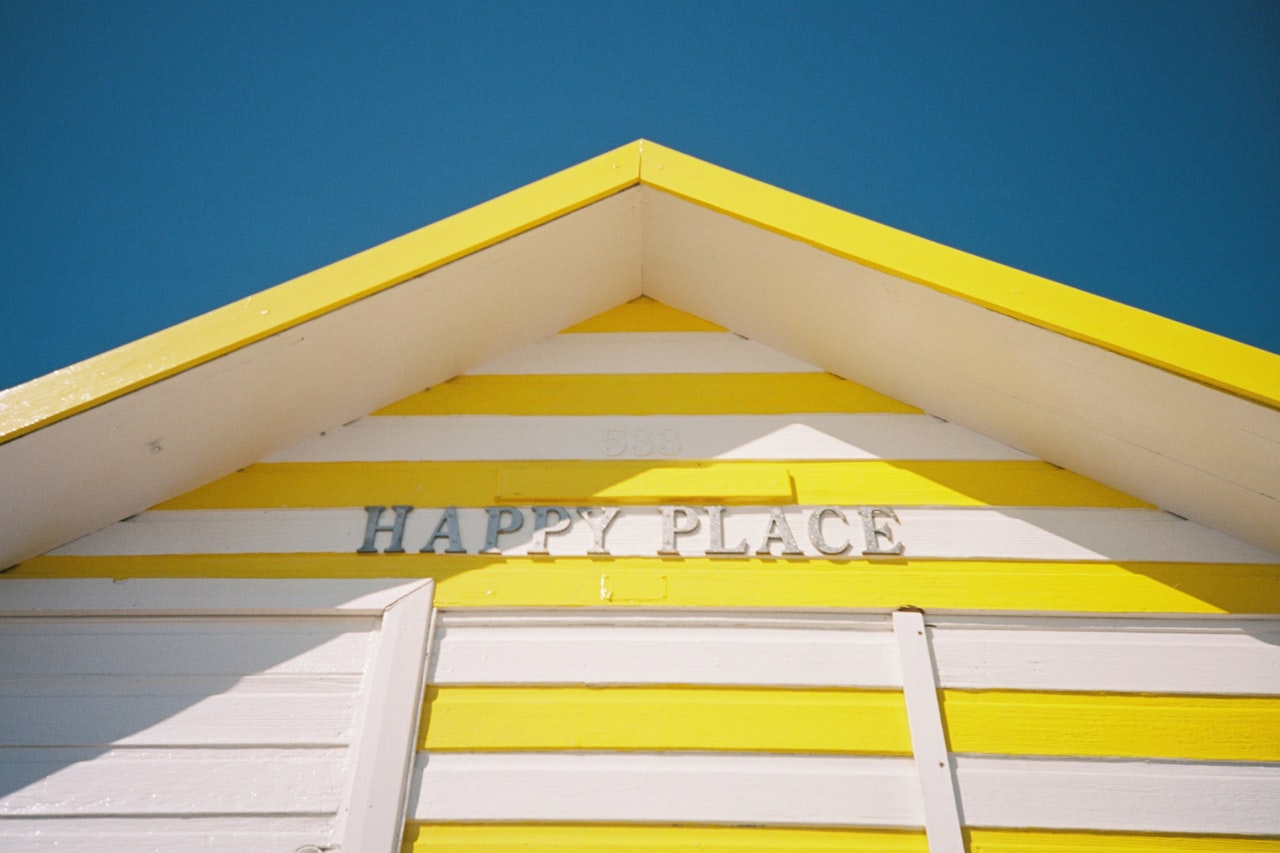Deciding what to do with your house when you're ready to move is a significant decision. Should you sell it and use the funds for your next adventure, or keep it as a rental to build long-term wealth? This is a question many homeowners face, and the answer isn't always straightforward. Whether you're curious about the potential income from renting or concerned about the responsibilities of being a landlord, there’s a lot to consider.
Here are some key questions to help you make the best decision for your situation.
Is Your House a Good Fit for Renting?
Even if you're interested in becoming a landlord, your current house might not be ideal for renting. Consider the following:
- Location: Is the neighborhood attractive to renters?
- Maintenance: Can you manage ongoing maintenance, especially if you're moving far away?
- Condition: Does the house need significant repairs before it’s rental-ready?
If any of these points are concerns, selling might be your best option.
Are You Ready for the Realities of Being a Landlord?
Managing a rental property involves more than just collecting rent checks. It can be time-consuming and sometimes challenging. Consider the following:
- Tenant Issues: Handling maintenance requests, dealing with property damage, and managing late payments.
- Legal Obligations: Staying compliant with local landlord-tenant laws.
- Time Commitment: The ongoing effort required to manage the property.
Investopedia warns:
"It isn’t difficult to find horror stories of landlords troubled with more headaches than profits. Before deciding to rent, consider talking to other landlords and doing a detailed cost analysis. You might find that selling your home is a better financial decision and less stressful.”
Do You Understand the Costs Involved?
Renting out your home to generate extra income comes with additional expenses. According to Bankrate, consider these costs:
- Mortgage and Property Taxes: These expenses continue even if the rent doesn’t cover them fully.
- Insurance: Landlord insurance typically costs about 25% more than regular home insurance.
- Maintenance and Repairs: Budget at least 1% of the home's value annually, more if the home is older.
- Finding Tenants: Costs include advertising and background checks.
- Vacancies: Periods without tenants mean lost rental income.
- Management and HOA Fees: Property managers typically charge about 10% of the rent, and HOA fees can add up if applicable.
The Bottom Line
Deciding whether to sell or rent out your home is a personal decision that depends on your unique circumstances. Take the time to evaluate your options to make the best choice for your future.
Consider the pros and cons carefully and consult with professionals to feel supported and informed as you make your decision. That’s what we’re here for.
Ready to explore your options? Contact Liz today to discuss your real estate needs in Santa Cruz and Monterey County.


